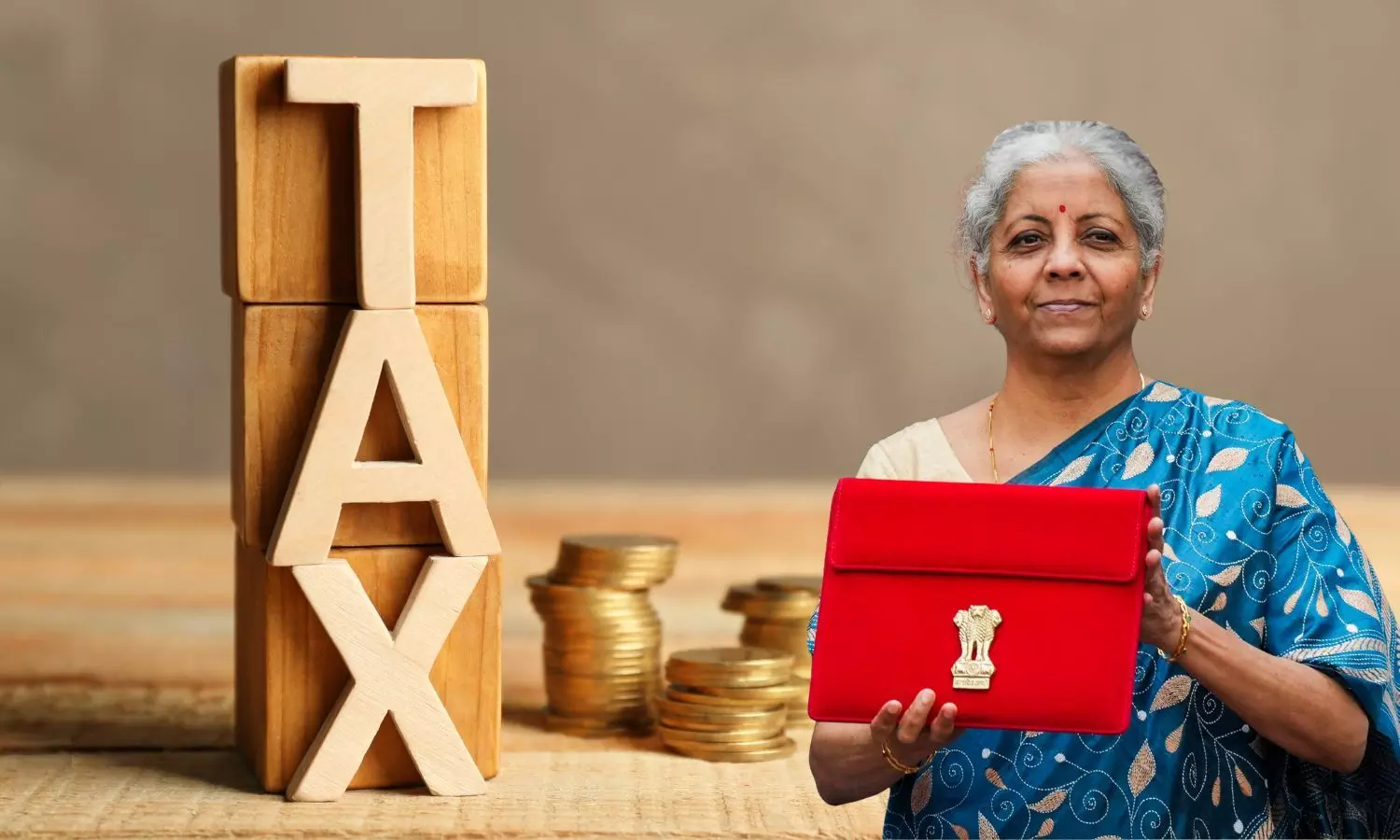Will FM Nirmala Sitharaman go for Income Tax cuts after meeting with India Inc?
Pre-budget discussions with Nirmala Sitharaman focus on reducing personal income tax, excise duties, and boosting employment-intensive sectors ahead of the 2025-26 Union Budget. Industry leaders push for reforms to stimulate growth and consumption.
Will FM Nirmala Sitharaman go for Income Tax cuts after meeting with India Inc?

Nirmala Sitharaman, the minister of finance, recently convened a pre-budget conference including leaders of several industry organizations. At graduation, issues such as the reduction in personal income tax rates, excise duty on fuel, and employment-intensive sectors were raised. These recommendations are focused on improving disposable income, stimulating demand and boosting growth before the 2025-26 Union Budget, which will be presented on February 1.
Individuals would have to pay less inpersonal income tax rates, putting more money in the hands of the middle class, which would subsequently encourage people to spend more, the industry representatives explained.Additionally, they pushed for a reduced excise duty on fuel, saying that it would make things easier for customers financially and start an economic cycle that would keep going.
Discussing global challenges of product dumping by China and climate emergencies, which are impacting food security and inflation, the President of the Confederation of Indian Industry (CII) SanjivPuri said, "The government also has to face issues of dumping from countries such as China." In response to these, the industry proposed specific measures to assist employment-intensive industries such as garments, footwear, and tourism. Puri also suggested tax relief for individuals up to the corporate tax bracket of ₹20 lakh, which he said could boost consumption and the government crores.
Vijay Sankar, vice president at FICCI, called the government's approach during the meeting 'receptive.' He noted that some representatives pointed to short-term deceleration induced by China's dumping surplus stock — something unfavorable to regional industries.
The PHD Chamber of Commerce and Industry (PHDCCI) suggested a reduction in personal income tax slabs was measures that could stimulate demand and help contain inflation. Assocham President Sanjay Nayar, on the other hand, mentioned the need to ease processes for MSMEs, including making it easier to access credit and simpler TDS rules.
All eyes are on the Finance Minister as the Budget day nears to see if she will listen to this demand for reforms. And the big question is —Will FM Nirmala Sitharaman cut income tax to address the demands raised in the FM’s meeting with India Inc? Whether in offering fingers of steps to improve consumption or addressing the middle-class concerns, these decisions can be significantly influential in determining the economic direction of the country.

